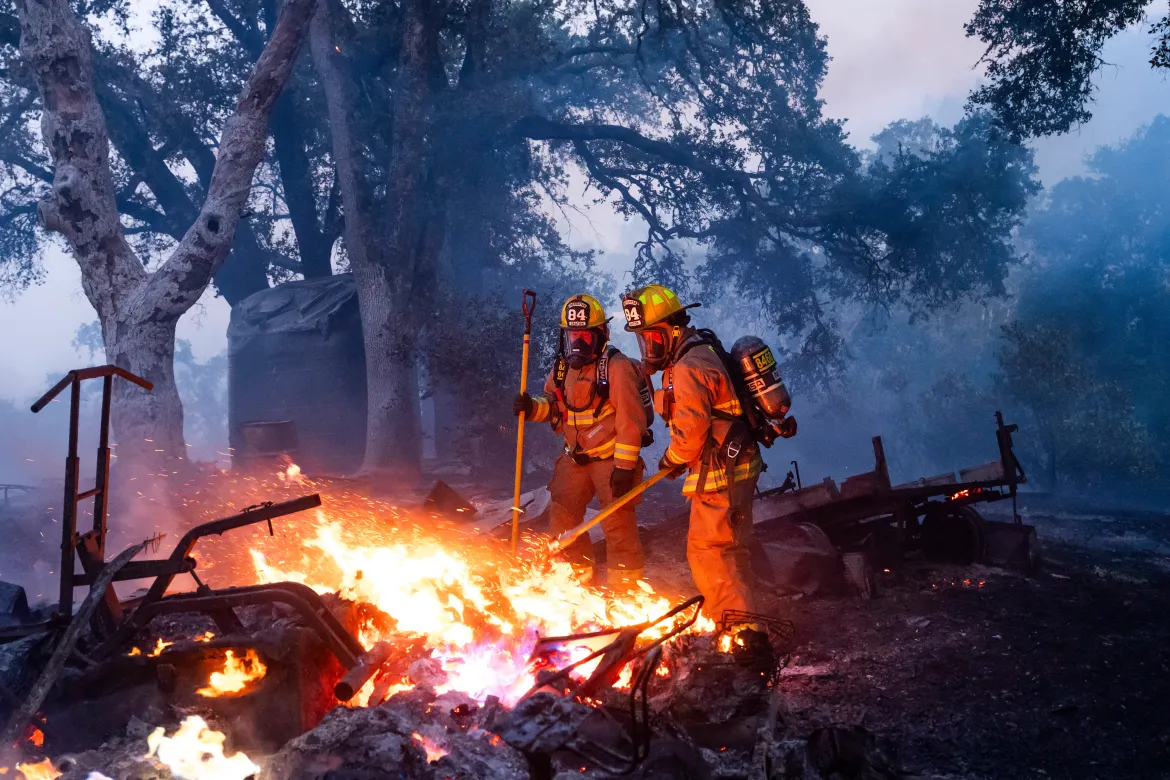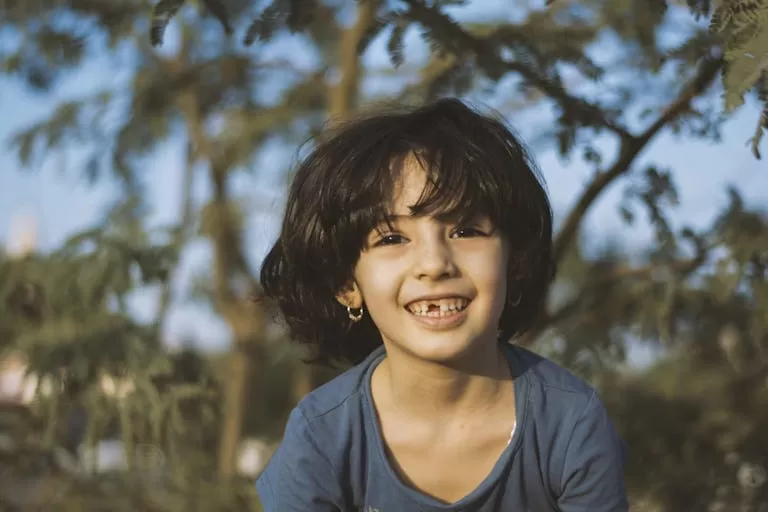How Parents Can Talk to Kids About the Eaton Canyon, Palisades, and Greater Los Angeles Wildfires
At Huntington Psychological Services in Pasadena, CA, we understand how challenging it can be for parents to navigate difficult conversations with their children. The recent wildfires in Eaton Canyon, Pacific Palisades, and the Greater Los Angeles area have brought fear, uncertainty, and loss to many families. As members of the community affected by these events, we have experienced their impact firsthand. Children may hear about the fires from friends, see alarming images on the news or social media, or even witness the smoke and destruction themselves. These experiences can feel overwhelming, but as a parent, you play a vital role in helping your child process their emotions and regain a sense of safety.
Here are some tips on how to talk to your children about the wildfires in a way that is supportive and age-appropriate:
1. Create a Safe Space to Talk
Let your child know it’s okay to ask questions and share their feelings. Find a calm, quiet time to start the conversation, such as during dinner or before bedtime. Begin by asking open-ended questions like, “What have you heard about the fires?” or “How are you feeling about everything that’s been happening?” Listening without judgment is key.
2. Explain in Simple, Honest Terms
For younger children, keep your explanations simple, clear, and appropriate for their developmental level. For example, you might say, “There was a fire nearby, and many firefighters are working hard to put it out. Some people had to leave their homes to stay safe, but things are getting better now. The adults are taking care of everything and we are very safe.” Older children may want more details, so it’s okay to share factual information, but be mindful not to overwhelm them with too much distressing news at once. Keep the conversation calm and balanced to help them process the situation.
3. Reassure Them of Their Safety
Children need to feel safe, especially after experiencing or hearing about something scary. Reassure them by explaining the steps being taken to keep everyone protected. You might say, “The firefighters and other helpers are working hard to keep people safe. We are all very safe, and we have a plan for emergencies. We know what to do to stay safe, and we’re taking all the right steps.” This helps provide a sense of control and comfort during uncertain times.
4. Validate Their Feelings
Ask your child how they’re feeling and reassure them that their emotions are valid. Let them know it’s normal to feel scared, sad, confused, or even a mix of emotions. You might say, “It’s okay to feel this way. Many people feel upset when something like this happens.” Younger children, who may not fully understand the situation or its impact, might even seem happy or unaffected. That’s okay, too. As they grow and develop, you can revisit the topic to help them understand the fire and its effects more fully when they’re ready.
5. Limit Exposure to Distressing Media
Repeated images or videos of wildfires can make children feel more anxious. It’s a good idea to limit their exposure to news coverage, especially images of structures that are still on fire or smoldering. If your child is older and uses social media, be sure to monitor what they’re seeing. Instead, encourage calming activities that can help them feel comforted, such as reading, drawing, or playing. Young children especially don’t need to see such intense images right away—they will see them eventually, but it’s important to let them process things at their own pace, when they’re ready.
6. Empower Them to Help
Getting involved in recovery efforts can help kids feel a sense of control and purpose. Younger children might draw thank-you cards for firefighters, while older kids could help collect donations for affected families. Participating in community efforts teaches compassion and resilience.
7. Watch for Signs of Stress
Children process stress differently. Some may become clingy, have trouble sleeping, or show changes in appetite. Older children might withdraw or seem irritable. If you notice these signs persisting, consider reaching out to a mental health professional for support.
8. Be Patient
Processing a traumatic event like a wildfire takes time. Your child might have questions or fears that resurface weeks or even months later. Continue to be available, check in with them, and remind them that they can always talk to you.
9. Model Calm and Coping Skills
Children naturally take emotional cues from their parents, making it essential to model healthy coping strategies. By demonstrating constructive ways to navigate life’s challenges, you show your child that difficult experiences can be managed positively. Your calm demeanor and resilience can provide them with a sense of security and inspire them to adopt similar approaches in handling their own emotions.
Final Thoughts
Talking to your children about the wildfires isn’t easy, but it’s an opportunity to help them build emotional resilience. At Huntington Psychological Services, along with many other mental health providers in the area, we are committed to supporting families affected by the Eaton Canyon, Palisades, and Greater Los Angeles wildfires. Many of us are offering free emergency counseling services to those impacted. If you’re worried about how you or your child are coping, please don’t hesitate to reach out. Together, we can navigate this incredibly challenging time and move forward with strength and hope.






